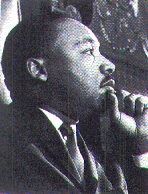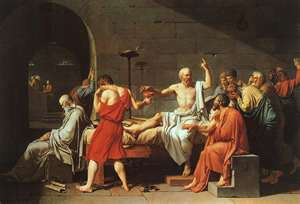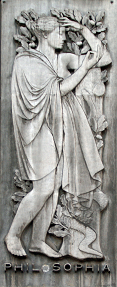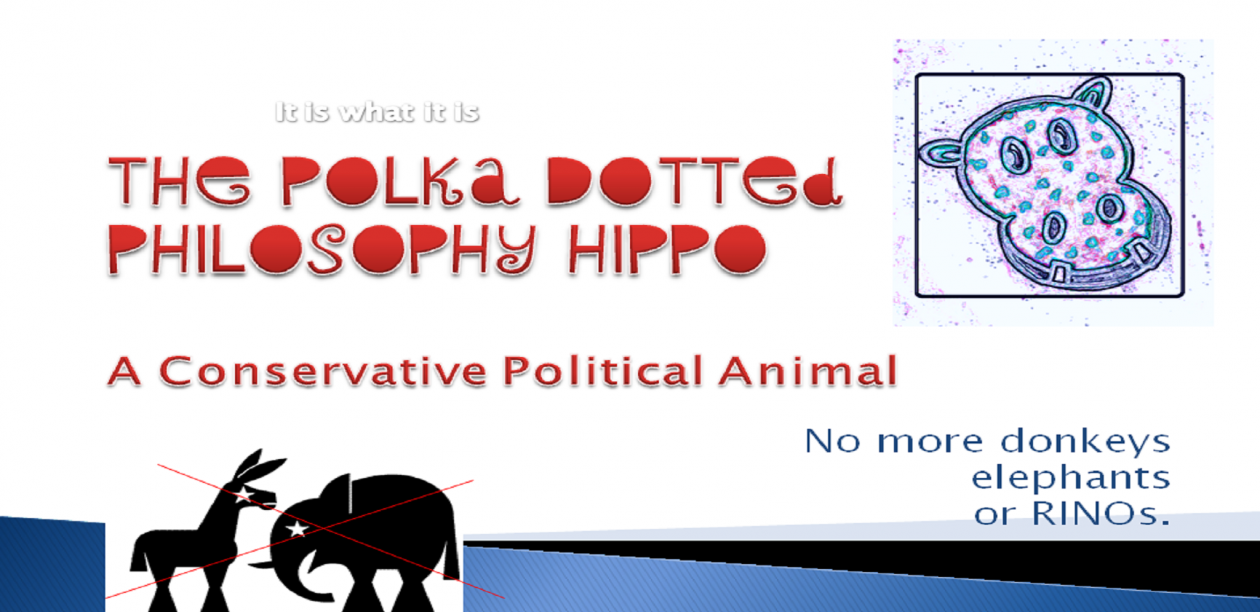Jennifer Leslie Torgerson
12 October 2005
Edited 21 April 2015
In the Letter From Birmingham Jail, Martin Luther King, Jr. outlines the nonviolent campaign. This essay will discuss the last of the steps and then discuss why reading this essay (and the ideas contained herein) is valuable to an educator today. The four steps to nonviolent campaigning are:
- collection of factual evidence of injustices
- negotiation
- self-purification, and finally,
- direct action. In his present circumstance, in Birmingham, and in jail, the entire process has unfolded.

Evidence of (1) injustice is clear, since unjust treatment of African Americans in the court systems is an actuality, and (2) negotiation was attempted, but failed. (Page 293). After the ordeals suffered, including being incarcerated, it was time for direct action. “Nonviolent direct action seeks to create such a crisis and establish such creative tension that a community that has constantly refused to negotiate is forced to confront the issue.” (Page 294). King makes the analogy to Socrates’ mission to find wisdom in Athens. Socrates’ attempt to find objective truth earned him a reputation for being a gadfly or irritant. King believes that the struggle for Civil Rights is the same, since it attempts to free an individual’s mind from the ignorance of racism and prejudice. There is no time to wait, and the time to act is now, to make everyone know and understand that it is unjust and immoral to deny equal rights and equal protection under the laws. (Page 295).
Isn’t direct action, in the form of nonviolent civil disobedience nonetheless breaking the law?
King alludes to Augustine and Aquinas, saying that unjust law is not law at all, and such unjust laws are human made, not natural law. (Page 296). King also uses Martin Buber’s I-Thou/ I-It distinction, arguing that reducing any individual to the level of It is not only economically, politically, and socially unsound, it is also immoral. Separate was believed to be equal in the courts, until Brown v. Topeka (1954). Tillich (another existentialist), King explains, defines sin as separation (all sin is separation). King then takes the converse and says that separation is sin; all separation is sin, surely not: some separation is sin. Segregation is a sin. Unjust laws that make prejudice “legal” are immoral. Laws should not be used to make difference legal, nor sameness. Belonging to the majority, or any other category should not make a difference, morally, in terms of justice. Justice requires that all individuals are treated with dignity and respect.

Education of the youth, especially at the college level, can be a vehicle by which everyone is taught the values necessary to see the immorality of segregation, schools that are separate and unequal, and treating any human being like an object, rather than an end in themselves (I-Thou). Education took King a long way, and gave him the ability to convey his thoughts and ideas in an organized and critical fashion. His reference to Socrates is apt, although Socrates felt compelled to follow the laws. What if the laws were right here, and could ask “what are you doing?” King would reply that it is our duty to stand against unjust laws. It is only through direct action, and nonviolent demonstrations (to ensure the message is not tainted), that injustices against individuals in society can be overcome. Education, for everyone, may foster not only a love of justice, but an understanding of why social injustice is intolerable.
BIBLIOGRAPHY
Cyndia Susan Clegg, Critical Reading and Writing Across the Disciplines, (Holt, Rinehart & Winston, Inc., 1988), pages 191 – 204.

φ It is what it is
The Polka Dotted Philosophy Hippo™
A Conservative Political Animal
© Jennifer Leslie Torgerson, MA.
All rights reserved.

